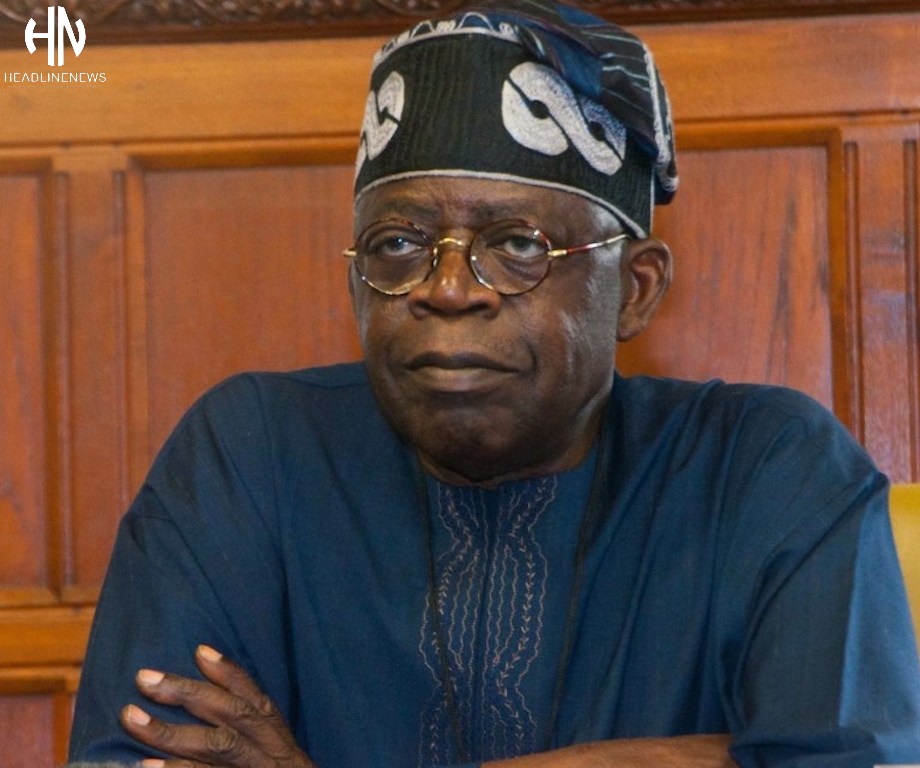A chieftain of the All Progressives Congress (APC), Adamu Garba, has raised alarm over what he describes as a troubling disconnect between President Bola Ahmed Tinubu and the reality on the ground in Nigeria. According to Garba, sycophants within the President’s inner circle are painting a false picture of national stability and party cohesion, when in fact the country—and the ruling party—is facing serious internal and external challenges.

Speaking during a live appearance on Channels Television’s Politics Today on Tuesday, the former presidential aspirant warned that the APC is becoming increasingly vulnerable, especially in the wake of Abdullahi Ganduje’s resignation as National Chairman of the party.
“There are people surrounding the President who are constantly feeding him with half-truths,” Garba said. “They keep saying everything is fine when, in reality, things are far from okay. The country is struggling, and the party is bleeding support.”
Garba pointed to the rising influence of opposition forces, particularly the newly formed coalition under the African Democratic Congress (ADC), which he described as a gathering of “vultures” hoping to feast on the perceived weaknesses of the APC.

“That ADC coalition is waiting for us to make more mistakes,” he warned. “They are organized, strategic, and ready to take advantage of our complacency. That’s why the APC must take stock and be brutally honest with itself.”
He stressed that the resignation of Ganduje as party chairman has left the APC exposed and in need of urgent strategic recalibration.
“Now that Ganduje is out, we need leadership that is both competent and humble—someone who can take criticism and act on it, not one who thrives on praise-singing and flattery,” he said.
Garba also reflected on the shifting political dynamics in Northern Nigeria, revealing that the APC has significantly lost ground in the region since former President Muhammadu Buhari left office.
“Look at the numbers. In the 2023 election, APC only managed to secure 5.5 million votes from the North. Under Buhari, that figure used to hover around 12 million,” Garba said. “That shows you something fundamental has changed.”
Despite the dwindling support in the North, Garba acknowledged that APC still managed to win the presidency through effective political structure and election strategy. However, he emphasized that relying on past successes without retooling for the future would be a grave mistake.
“We cannot depend on yesterday’s strategies to solve today’s problems. Buhari is no longer in the picture. We have to reinvent our approach and reconnect with the grassroots, especially in the North where our support is slipping.”
Garba’s remarks have added to the growing conversation about the direction of the APC and the Tinubu administration amid mounting economic, security, and political pressures. His blunt assessment is likely to resonate with party loyalists who have become increasingly vocal about the need for reform, transparency, and a return to people-centered leadership.
As Nigeria prepares for the 2027 general elections, voices like Garba’s are expected to play a critical role in shaping the internal debates within the ruling party—debates that may determine whether the APC can retain its grip on power or risk being swept aside by a more united and energized opposition.





